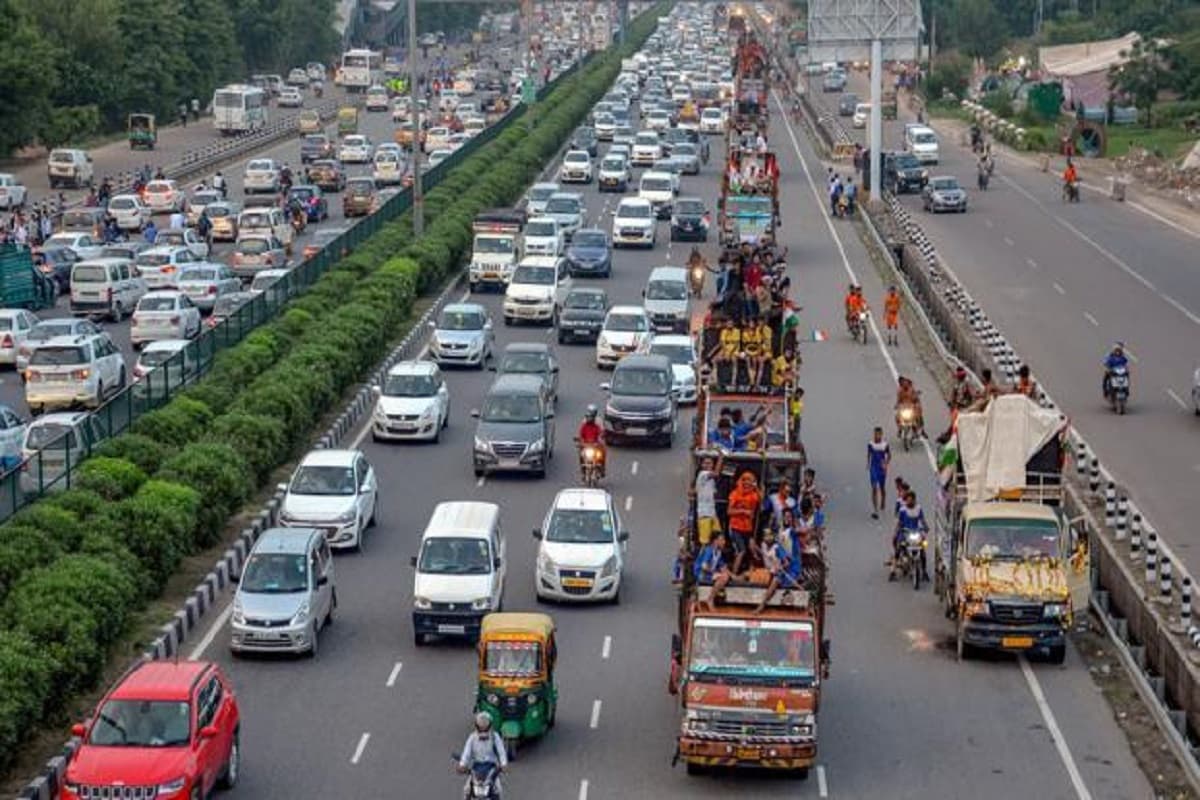No more ICE 2-wheelers in Delhi? Report
Delhi households can now register only an electric vehicle as their third private car. Additionally, under the Delhi Electric Vehicles Policy 2.0, the city might completely stop registering fossil-fuel-powered three-wheelers starting in August of this year, and no non-electric two-wheelers will be permitted to register starting in August of 2026, according to a report by Hindustan Times.
According to the report, the strategy will now be presented to the cabinet after receiving preliminary approval from Delhi Transport Minister Pankaj Kumar Singh.
Citing officials, the Hindustan Times reported, “The new policy has some bold targets aimed at ensuring EV transition in every vehicle segment. In some categories, we hope that we will be able to achieve 100% of new vehicles being registered as EVs in Delhi. We have also developed strategies around how this will be done,” a senior transport official, not wishing to be named, said.
According to the copy of policy obtained by HT, registration of two-wheelers powered by gasoline, diesel, or CNG would be prohibited starting in August 2026.
During the policy term, all CNG autorickshaws older than ten years will have to be replaced or modified with electric autorickshaws for the three-wheeler category.
In a city where internal combustion engine (ICE) vehicles are one of the largest home sources of pollution, experts referred to the decision as "progressive" and suggested it could accelerate the shift to electric vehicles.
Citing another official, the HT reported, “According to the proposed policy, no CNG autorickshaw or three-wheeler goods carrier registration will be allowed after August 2025 and no CNG auto permits will be renewed from August 2025. All such permits will be substituted or reissued as only e-auto permits.”
In addition, the policy also makes compulsory for the garbage collection vehicle of Municipal Corporation of Delhi (MCD), Delhi Jal Board (DJB) and other civic agencies to be EVs by 2027.
To ensure charging infrastructure in every five kilometers, over 13,200 charging stations are proposed to be established across the city, ensuring a station every five kilometres.
Meanwhile, only 10% of the 48,000 charging stations that were supposed to be installed by 2026 under the prior guideline have been installed.
According to the report of the HT, the policy's primary goal, according to officials, is to guarantee that 95% of newly registered cars in Delhi would be electric by 2027 and 98% by 2030. The prior policy only achieved 13–14% of the 25% new registrations that were expected by 2024.
Citing officials, the report added that the previous policy was set to be updated in 2023, and based on progress, they might decide to update it by 2027.
Moreover, the government is gradually expanding Delhi's fleet of e-buses, and more buses have been purchased, bringing the total fleet to about 3,000 by the end of the year, according to some transport officials.
Information provided by the Ministry of Road Transport and Highways and the Transport Department underlines that a total of 9.77 two-wheelers have been registered in Delhi, with 7,552, 34,581, 37,477, and 31,339 electric two-wheelers registered between 2021 and 2024, HT reported.
Experts stated that since Delhi has outpaced the advantages of switching to CNG vehicles, a vigorous policy push is now needed.
